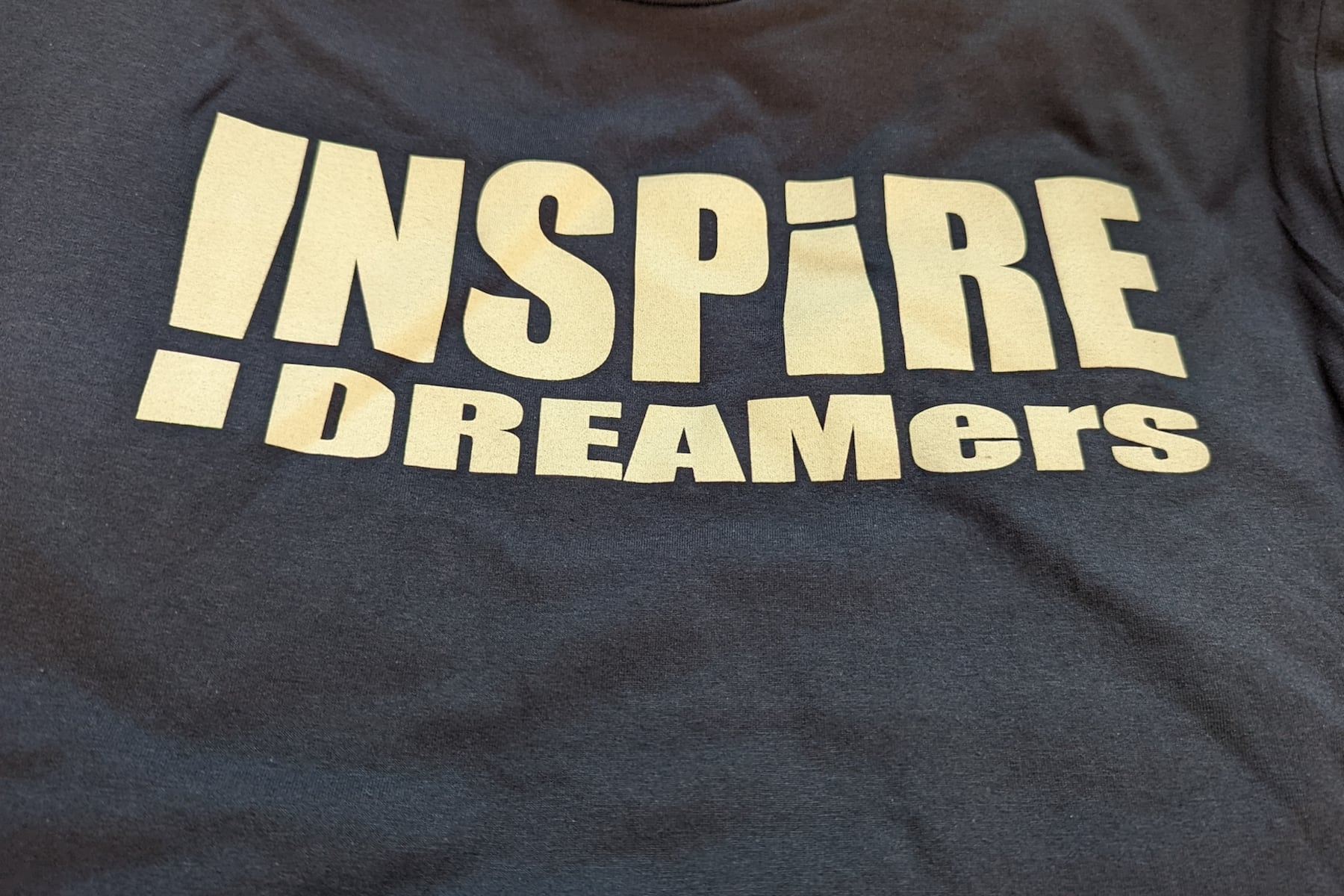Bennett High senior Elisabeth Rodriguez delivered two important messages to counselors recently about getting students into college.
She reminded them that counselors should foster students’ dreams of higher education as freshmen rather than when they’re leaving high school. And she called on them to support students in attaining their aspirations.
The dual message is important because many Hispanic students like Rodriguez never make it to college, and never realized in high school that they could get there. In Colorado as in other places, Hispanic women and men go to college at lower rates than do many of their peers.
Rodriguez, 17, and others shared their stories and advice on Friday during a daylong event hosted by the youth-empowering organization INSPiRE to help Hispanic first-generation, immigrant, and undocumented students realize their college dreams. The event at Denver’s Auraria campus offered separate sessions toward about 240 high school counselors and students.
Organizer and INSPiRE founder Jesse Ramirez said he wants educators to know Hispanic students should get support around college options at an early age, especially students without citizenship. Those students often have less family knowledge about what it takes to succeed in college or don’t know that college can be an option.
The day’s sessions focused on topics such as how students can find financial support for college, how to advise students to prepare for college, and what to expect when they graduate.
Keynote speaker Yulisa Muñoz, a Colorado State University graduate student, said Hispanic students should be able to get the help they need in school. But too many students, like herself and Rodriguez, rely on nonprofit organizations to learn about college.
As a Deferred Action for Childhood Arrivals (DACA) student, Muñoz said school counselors didn’t talk to her about her options and she found it difficult to find the resources she needed. She urged more high school counselors across the state to learn more about how to address the challenges students with more complicated legal statuses face.
Rodriguez, who wants to study criminology, told educators they play one of the most important roles in connecting students and families to information and helping them realize their college dreams.
Below are some points for educators and parents to understand resources for college-bound students.
Help students make a plan
Even if a student’s college dream sounds far-fetched, Rodriguez said guidance counselors should nurture those dreams and approach them about college. Even if the idea shifts over time, counselors can help students understand what might be realistic.
Rodriguez also said that counselors should seek out students to help them understand their options after high school, including talking about technical school or jobs they might want to pursue.
Help families understand the college process
Counselors should talk to parents about what education options they can afford, said Shereen Murad, a parent who shared her experience at the INSPiRE event.
She said when her kids were going to college, she took out large loans. She wishes counselors would have helped her investigate financial aid. Debt can keep many families from wanting their kids to go to college, she said. Counselors can help, Murad said.
Even students without papers can get financial aid
Even if a student does not have legal status in the United States, they may qualify to receive aid for college, said Andrea Rascón, KIPP Colorado School college success and career adviser.
Colorado offers students who have lived in the state for at least a year money through the Colorado Application for State Financial Aid. The state’s College Opportunity Fund also offers undergraduate students money.
Scholarships like the TheDream.Us scholarship particularly aim to serve undocumented students. Rascon said some students might be able to get their entire college covered.
Other programs such as RaiseMe allow micro scholarships at participating colleges to students who can show certain accomplishments in high school.
Jason Gonzales is a reporter covering higher education and the Colorado legislature. Chalkbeat Colorado partners with Open Campus on higher education coverage. Contact Jason at jgonzales@chalkbeat.org.







